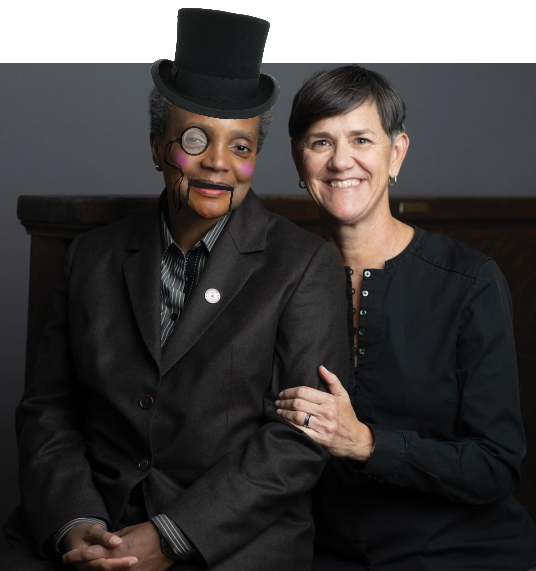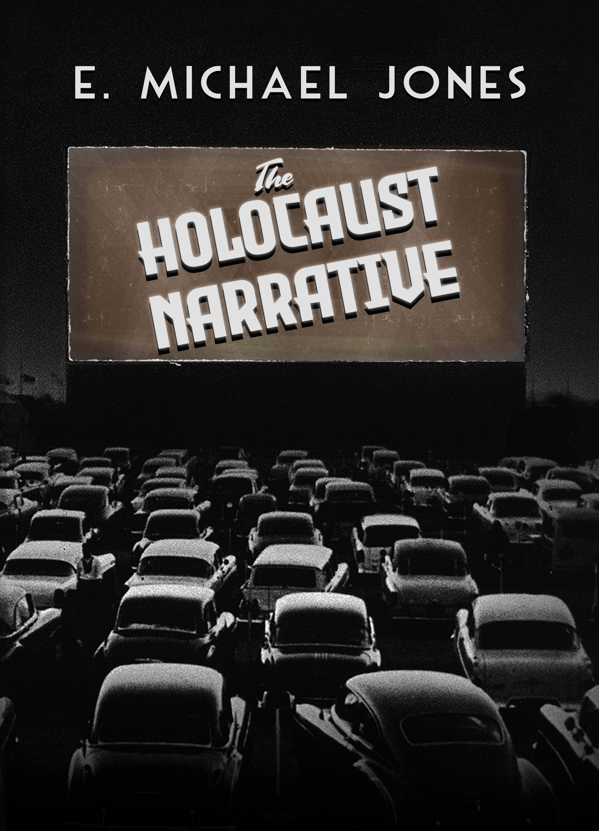Feminism, Socialism, and the Struggle for New Heights
/Why would a Soviet-led expedition of eight women climbers prefer to die, in the worst storm that hit Lenin Peak in twenty five years, rather than accept help from fellow male climbers?
Not considered steep or technical, but nonetheless very high at 7,134 meters (23,406 feet), situated within the Pamir Mountain range at the Tajikistan-Kyrgyzstan border. Lenin Peak is subject to harsh, unstable weather conditions. It is known by climbers for its strong winds, frosty temperatures, with sections of moderately steep ice. At such a high altitude the weather can turn very suddenly with an additional risk from avalanches for those ascending or descending. The peak is the highest mountain in the Trans-Alai range. This combination of changeable weather and high altitudes has resulted in the deaths of many of its climbers…
Read More


























